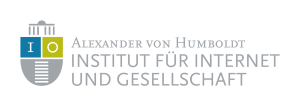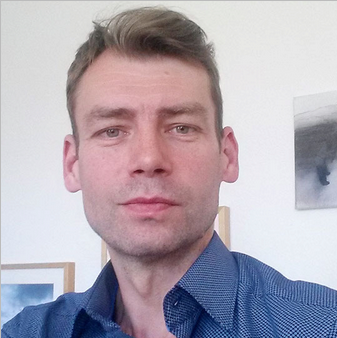
Research cooperation between ZeM and HIIG.
Autonomy – in the context of technical innovations, this term has become a ubiquitously used and therefore also very unspecific attribution. On the one hand, it is often associated with independently moving or operating machines such as drones, vehicles, or robots, or also used to encompass diverse automation processes. ‘Autonomous’ in this broad reading becomes synonymous with (artificial) intelligence, (machine) learning, self-determination or adaptability. On the other hand, other readings of the term are also possible: e.g. a relational understanding of autonomy denotes individual and collective processes that are embedded in infrastructures and conditioned by them. Only in relation to media, rules, norms, laws, architectures, materialities or machines does this autonomy acquire any meaning at all.

The research project investigates the relationship between an infrastructurally supported and relationally constituted autonomization of individuals and collectives and the ways in which machines and AI-supported systems become ‘autonomous’. Here, we argue that there is a contradiction between human and non-human (technical) autonomies that hasn’t been considered so far: For while technical autonomization can largely be described as automation, the autonomization of human individuals or even groups is based on the interruption of previous habits and automatisms by ethical and political cognitive processes that become actionable and realize self-determination therein.
On September 29 and 30, 2021, the ZeM and HIIG already held an internal planning workshop to discuss different levels of autonomy and identify initial thematic priorities. The results of the workshop were summarized in a short report (in German). The participants came to the conclusion that the topic of “Infrastructures of Autonomy” must be dealt with in a larger context. Therefore, from November 23 to 25, 2022, the ZeM and HIIG jointly hosted an international conference in Berlin. The results of the conference should lead to a scientific publication.
If you have any questions about the research initiative, please contact us directly at .









